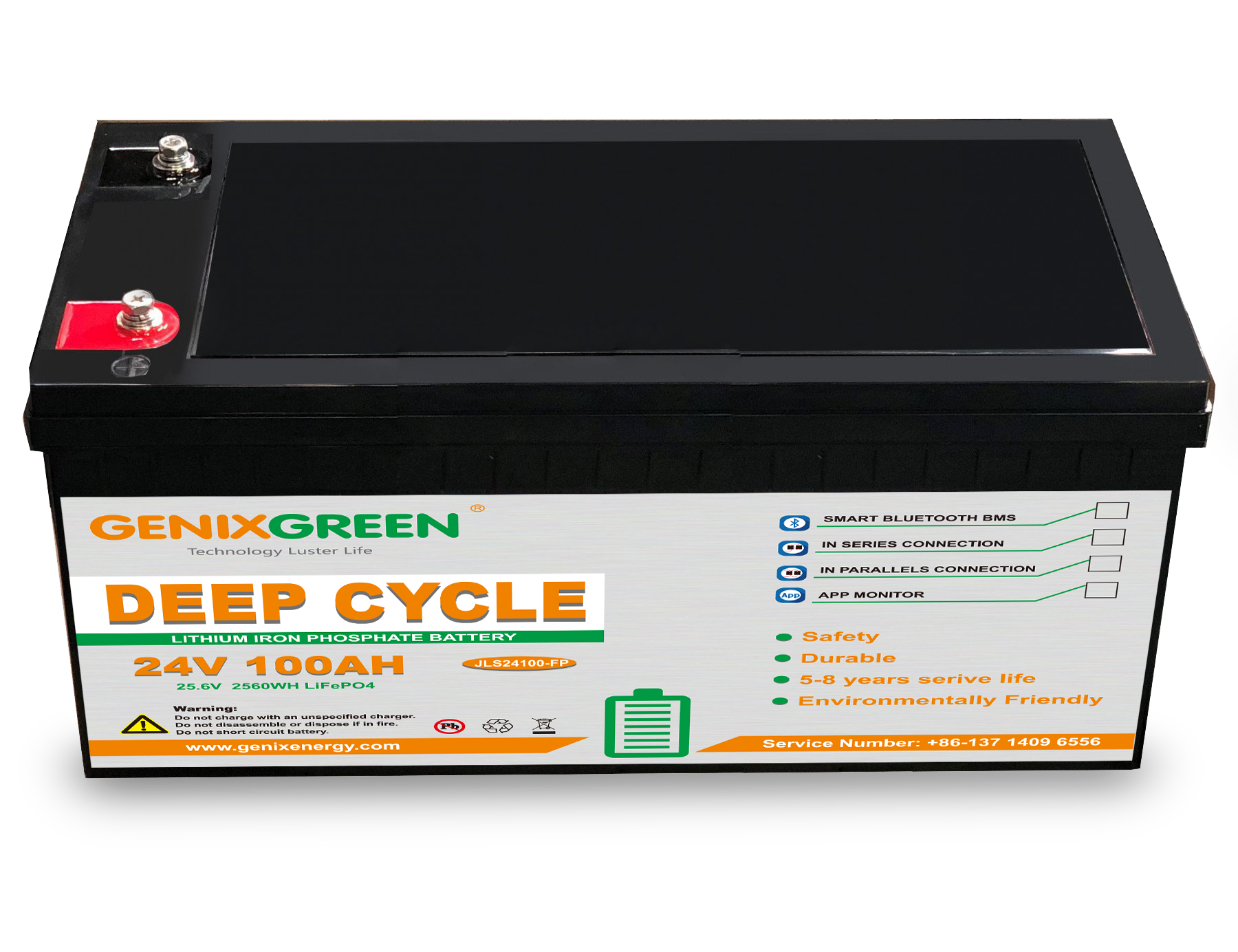Lithium ion battery is a rich power source of industrial battery technology and is widely used. However, the occurrence of battery fire has raised concerns about the risks posed by these batteries when they produce high heat. In addition, the risks associated with gas and smoke emissions from fires are often more serious threats, one of which has not received much attention. The gas emissions of these batteries have been studied and studied only on a smaller scale and within a limited range than expected.
Many people with traditional devices that use lithium-ion batteries as power may not be aware of the risk of damaging such batteries. These batteries have been used in more than billions of devices around the world. After careful research and experiments, it is found that about 100 kinds of toxic gases will leak. Lithium ion battery is being promoted and supported by many government agencies around the world as a feasible and effective energy. This makes the public less concerned about the risks behind this energy.
The threat posed by toxic gas emissions from batteries has not been fully recognized and understood. Surprisingly, fully charged batteries tend to release more toxic gases than batteries at 50% state of charge. The chemicals contained in the battery and their ability to release charges also affect the type of toxic gases released from the battery. Manufacturers can better understand how to reduce such toxic emissions by identifying the gases emitted and their causes. Toxic gases from cells, especially carbon monoxide, can cause serious harm to anyone who inhales it in a short time.
As we all know, battery smoke is toxic to humans and the whole environment. The emitted gas is fatal and will cause various harmful effects after inhalation. Inhalation of smoke can cause the following conditions:
·Cough
·Dyspnea
·Sore throat
·Shortness of breath

These are just some of the few direct effects of inhaling battery smoke. There may be delayed symptoms, which may be more severe, such as:
·Red skin
·Skin burns
·Pain
·Skin blistering
·Red eyes
These gases are also corrosive to eyes, skin and respiratory tract. In rare cases, inhalation can lead to pulmonary edema, whose symptoms only appear after a few hours and are physically stimulated. In this case, it is recommended that the victim rest as much as possible and have a medical examination immediately. If you happen to inhale battery smoke, seek treatment immediately and carry the battery with you for medical identification of the correct drug and dose.
In order to clearly understand the cause of lithium-ion battery fire and possible ways to minimize the risk, they must be familiar with the function of the battery. Lithium batteries are manufactured to provide high energy density for their intended electronic devices while minimizing their weight or volume. The lightweight characteristics of the lithium-ion battery installed in its design are translated into slender partitions and shells / covers between battery packs and batteries. The partition is fragile and easy to be punctured. Once the battery is damaged, there will be a short circuit, and its spark will ignite the highly reactive electrolyte.
Another major possibility of battery ignition may be due to charging, especially overcharging or rapid charging. Users should pay attention to the short circuit fault of lithium battery during charging, that is, a small amount of lithium metal is formed inside the battery. This will eventually short circuit the internal electrode, so high current will flow through it. High current causes Joule heating to the point of thermal runaway. At this time, the contents of the battery will exert pressure on the battery and ignite the flame that may cause explosion.
The possibility of fire or explosion of lithium-ion batteries mainly depends on the trend of users dealing with battery packs. However, some measures can be taken to reduce such risks, including:
1. Avoid storing lithium-ion batteries together
Although you may like to organize and put everything in a designated place, you should avoid storing lithium-ion batteries together. This is especially true during travel when users want to pour all their electronic devices into a plastic bag. When lithium-ion batteries come into contact with each other's terminals, the polarity may be destroyed, which may lead to leakage and ignite a flame.
2. Avoid overcharging
Lithium ion batteries will not suffer from the "memory effect" defects experienced by their predecessors in the charging process. Therefore, they can be charged and discharged as many times as possible. It may be risky to drain them completely before recharging or overcharging, as this may lead to internal damage, thereby damaging the composition of the battery and causing a fire.
3. Avoid exposing the battery to extreme temperatures
Do not store the battery in a hot place. Such areas may include hot vehicles during hot weather. We also tend to use laptops in bed and doze off with blanketed devices. This may overheat the device and damage the internal lithium-ion battery.
Last thought
From traditional electronic devices such as smart phones, laptops and remote controls to high-end inventions such as electric cars and aircraft, lithium-ion batteries are everywhere. Although accidents associated with these battery packs seem rare, they are often unique because they can lead to fire related accidents or explosions.
Nothing is perfect. Although lithium-ion batteries have completely changed the development of technology, they have pre installed their defects. However, this does not make them award-winning power solutions that have left a legendary impression in the battery industry for decades.
